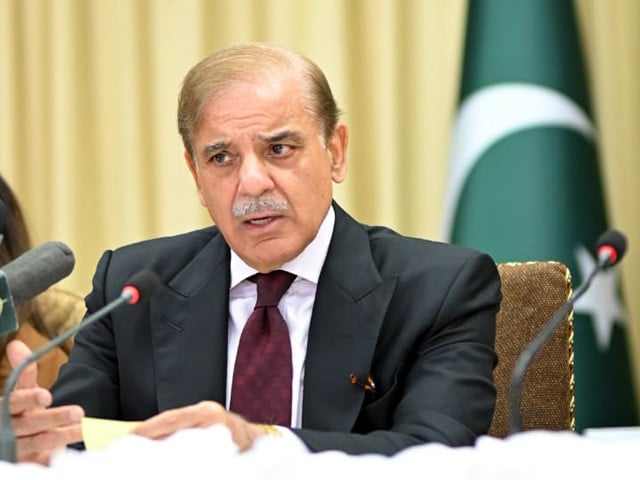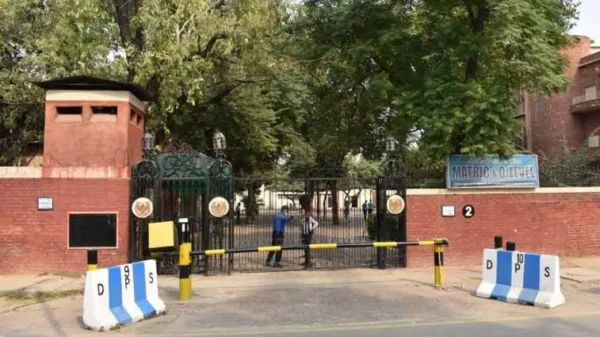Debt Reprofiling
On Friday, Prime Minister Shehbaz Sharif disclosed that he had formally requested debt reprofiling from the Chinese government, as part of Pakistan’s broader efforts to secure an International Monetary Fund (IMF) bailout package.
This move underscores Pakistan’s commitment to managing its financial obligations effectively in the face of economic challenges.
During a briefing to the federal cabinet, PM Sharif confirmed the initiative and emphasized its importance in stabilizing the nation’s economic situation.
Finance Minister Muhammad Aurangzeb, addressing the press following his return from China, elaborated on the matter, revealing that Pakistan had sought reprofiling for over $27 billion in debt and liabilities with several key international allies, including China, Saudi Arabia, and the UAE.
The goal is to secure a $7 billion loan from the IMF, which would be instrumental in stabilizing Pakistan’s economy.
Debt reprofiling, as defined by the World Bank, involves modifications to the repayment schedule through refinancing, debt substitution, or renegotiations, aimed at easing financial pressures.
In his remarks, PM Sharif highlighted a significant aspect of his discussions with Chinese President Xi Jinping.
He mentioned advocating for the use of local coal, specifically from Thar, to reduce reliance on imports and save approximately $1 billion in foreign exchange. This proposal reflects Pakistan’s broader strategy to enhance self-reliance and mitigate import costs.
Addressing the ongoing power crisis, PM Sharif reassured the public that his government is focused on alleviating electricity woes.
He criticized political actors for engaging in “politics for the sake of politics” rather than contributing constructively to resolving the crisis.
Additionally, he condemned the recent assassination of Hamas leader Ismail Haniyeh in Tehran, describing it as a “brutal act of savagery” and reaffirming Pakistan’s stance against such violence.
The government has announced a special prayer session for Haniyeh and expressed deep concern over the situation in Palestine, calling for global awareness and intervention.
The Prime Minister also discussed progress in the power sector, noting the construction of four state-of-the-art LNG power plants with a combined capacity of 5,000 megawatts.
These plants, claimed to be the cheapest ever built, represent a significant investment in Pakistan’s energy infrastructure.
He criticized the Khyber Pakhtunkhwa government for its lack of progress in promised hydropower projects and emphasized the need for a focus on resolving energy issues rather than political posturing.
PM Sharif reaffirmed the government’s commitment to reducing electricity prices and addressed criticism of past agreements, urging a focus on problem-solving rather than politics.
He also commended Pakistan’s strong ties with China, acknowledging the previous government’s role in establishing the China-Pakistan Economic Corridor (CPEC).
Furthermore, he announced that starting August 14, Pakistani authorities will exempt Chinese citizens from visa fees as a gesture of goodwill and cooperation.
The Prime Minister concluded by highlighting the potential for joint ventures between Pakistan and China in various sectors, including mining, information technology, and industrial zones, which are expected to bolster Pakistan’s economy and enhance bilateral relations.










